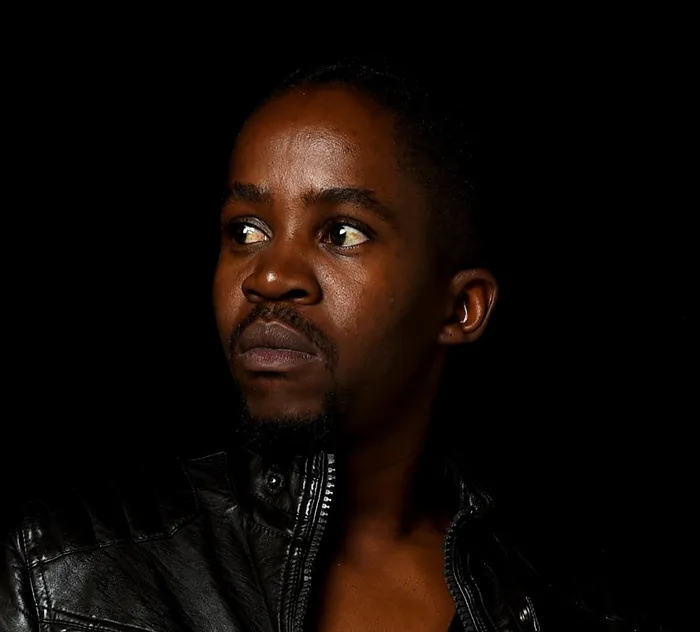
Rabbie Serumula, author, award-winning poet, journalist.
Image: File
When police combed through the wreckage of that bus on the N1 near Louis Trichardt, they found more than bodies. Scattered among the twisted metal were packets of antiretroviral drugs, medicine meant to keep people alive. Forty-two passengers were killed. Mostly Zimbabwean and Malawian. And before the rescue teams had even cleared the debris, the country was already talking about who to blame.
The discovery of those ARVs has stirred something raw in us, a feeling that foreigners are taking from a pot already running dry. In clinic queues and on social media, the questions come sharp and familiar: How are foreigners getting our medication when local patients are turned away? Why must we share our clinics when we can barely cope ourselves? If the drugs found in that bus were stolen, doesn’t that prove the point?
It’s an anger that comes easily, because it sits on top of real pain. People wait months for appointments. Shelves run empty. The health system buckles under pressure, and every failure needs a face. It is easier to point to the woman with a foreign passport than to the official who signed off on a shipment that vanished into thin air.
Minister in the Presidency Khumbudzo Ntshavheni called for foreign nationals to behave like “mannered guests.” Her words were meant to calm the noise, but they landed like dry grass meeting a match. In a climate where migrants are already barred from clinics, that language sounds like permission. And so the lines harden, locals on one side, foreigners on the other, while the real thieves hide behind the chaos.
Let’s be clear: pharmaceutical smuggling is not an act of hunger; it’s an industry. Syndicates steal from hospitals, pharmacies, and suppliers, often in collusion with insiders. Those ARVs didn’t walk out the door; they were moved through a chain of corruption. If the drugs found in the crash were stolen, they didn’t come from patients; they came from a broken system.
We are right to demand answers. Cabinet has called for an investigation, and it must be thorough. But the questions should point upward, not sideways. Who diverted that medicine from the shelves? Which officials were responsible for securing the stock? Who profits from a racket that trades in pills meant to save lives?
Operation Dudula’s clinic blockades won’t fix that. Chasing people from waiting rooms will not stop the syndicates. In fact, it makes things worse: patients who are denied care become sick, infections spread, and the very public health system we claim to defend collapses under its own prejudice. A virus does not check your ID before it enters your bloodstream.
Every stolen ARV started its journey inside South Africa’s own supply chain. Every life lost in that bus crash reminds us how fragile our humanity becomes when we confuse justice with blame.
So before we call anyone a guest, perhaps we should ask: who’s been robbing the house from within?
Related Topics: